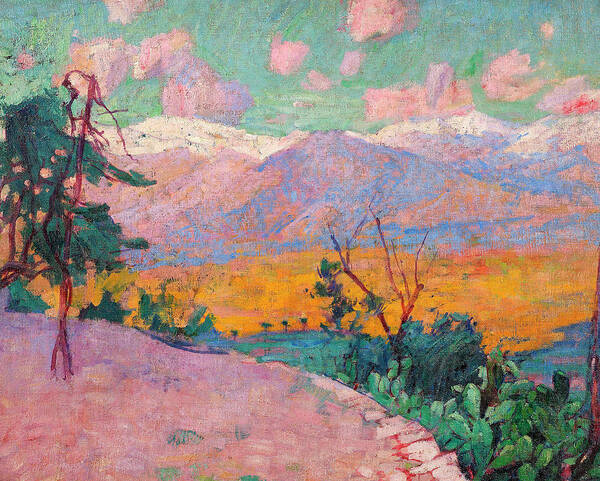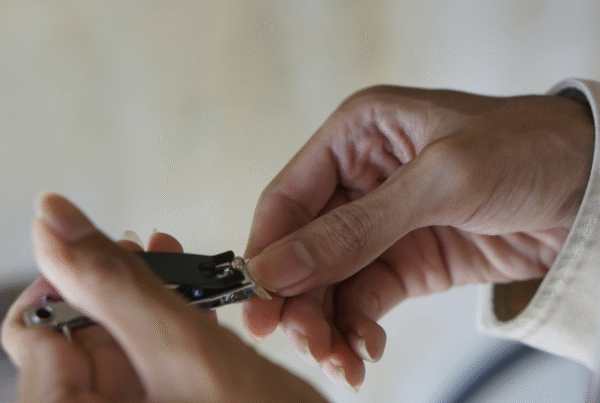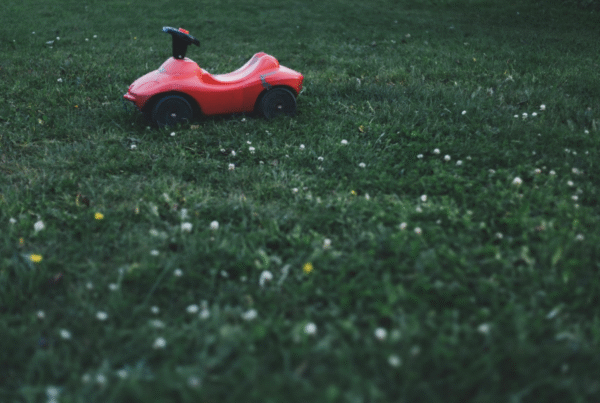If there was one thing she was sure of, it was that there was no Narnia behind the closet door —at least, not behind closets like hers. No, her door didn’t take her on breathtaking adventures, on quests to wonder worlds with mythical creatures roaming around. Her door did lead to another world, that much was true. Yet, it was highly doubtful it was what most alternate-universe-holding doors usually concealed.
There was no reason to build suspense, so the truth might as well be laid bare: it was a plate. Well, not really. In truth, it was a convex plate-shaped floating island. It had its own fauna and all—a beautiful shade of thyme green covering most of the land, with lonely Socotra dragon trees peppered here and there. There were actual sea dragons floating around, hunting for oranges and raspberries with their azure flaps. They sometimes slept on the backs of elephants, right on their light pink birthmark. The weather was incomparably delicious, with a never-cloudy sky and a well-adjusted spring breeze. If one were able to accept a few slight anomalies to the carefully crafted Earth, you would realise there really wasn’t an overwhelming amount of differences—except for the gravity issue. The island was shaped like a downturned plate, with a huge hill in the middle, slowly descending towards the edges. That was where everything mentioned could be found: on the edge. In theory, the hill wasn’t steep enough to force all forms of life to its periphery. The problem was that with each step towards the center of the island, one would feel exponentially heavier and physically pulled down. It was as if with every centimeter closer, a stronger warning hand pulled them back down. Nobody questioned it, it was rather accepted as a law of nature. The gravity wall made it impossible to completely fall off the island either. So, she was stuck in a good enough arrangement—impossible for her to push forward due to the gravitational force, but unable to fall either. She simply existed at the edge of things.
Of course, she didn’t live on the island. She chose her visits with unmeasured care. Sometimes, when the world got too loud, it felt like her ears were close to bleeding. Other times, when it was so quiet, her whisper could pierce through the sky. That was when she found herself rushing home, throwing her school backpack on the bed, and stepping into her plate-shaped world. It wasn’t hers, per se. The first time she stepped through the door, discovering this everything-and-beyond universe just a few meters away, she was completely and utterly alone. It was precisely the sound of silence and the lack of motion that kept drawing her back. On her fifth visit, she noticed someone new: it was Mary, one of her classmates at the time. She waved at her and called her name, but her gestures went completely unanswered as if she couldn’t see or hear her. Approaching her, she tried again, poking her arm for good measure. Her serene expression remained unchanged, not a sign of recognition on her face. The exact same happened with all the other people she saw from time to time. Some were regulars, like Mrs. Marty, her neighbor. She was 57 and lived alone. Or Jack Piston, a young mechanic two years older, who worked at the local diner. Other appearances were singular, people she had sometimes or never seen around: the single mother who worked two jobs and always had baby formula on her sleeve, or a young boy, around seven, trying to solve a puzzle block. They all experienced the island independently and in isolation from one another.
Most people would call this arrangement weird, at best, or depressing, at worst. For her, it was more like a gulp of fresh air, the type of relief felt when the key finally turns in the lock after trying three times. She had existed at the edge of things long before she discovered the island. At the edge of friendships and classrooms; in the shady suburbs of summer camp situationships; in the afterthought of people’s minds.
Living on the edge was a life sentence, but it didn’t weigh on her like house arrest. More like being unable to travel abroad, or losing public benefits, or not being able to vote. She was reminded of her burden in entirely mundane settings, a push back to where she started. Every time she forgot, moved on, fully believed she had overcome the feeling, it came rushing back. A sharply delivered cue that she must watch her step, otherwise she’ll fall out of line with what grew to be an already fragile world. She sometimes saw herself as a traveler looking through people’s windows, bound by nothing and no one. It was never about getting closer to the scene, but, rather, about staying clear of the inimaginable void behind her. In all truthfulness, it was a sort of mutual relationship. She was hardly more than a spectator in people’s lives, but she couldn’t pride herself on letting people in by being vulnerable; the polished, approved version of herself was what most people got.
The island was then nothing more than confirmation of a secret she had nurtured for years, in a crook of her heart. It was the one place where being an outsider was the rule, a law of nature, rather than what distinguished her from others. She was almost never alone on the island and, even though no one acknowledged her existence there, a familiar warmth would envelop her each time. It was a sick pleasure, she knew, for her to find comfort in the one place where lonely people came to soothe their loneliness. And so after every visit, she rests on her knees and prays that next time she opens the door, she’ll find her old tutu hanging there, next to her leather jackets. It’s a secret buried so deep that she sometimes forgets herself: each time she cracks the door open, her breath hatches, the tiniest bit of hope blooming in her heart—‘Maybe this time around, the smell of old wood will envelop me; maybe this was just my imagination all along.’ There is no disappointment at the sight of the cheerfully green field, perhaps just a sliver of assumed resignation.
The only place she wished to be locked out of was the only one that truly accepted her.
Other posts that may interest you:
Discover more from The Sundial Press
Subscribe to get the latest posts sent to your email.





